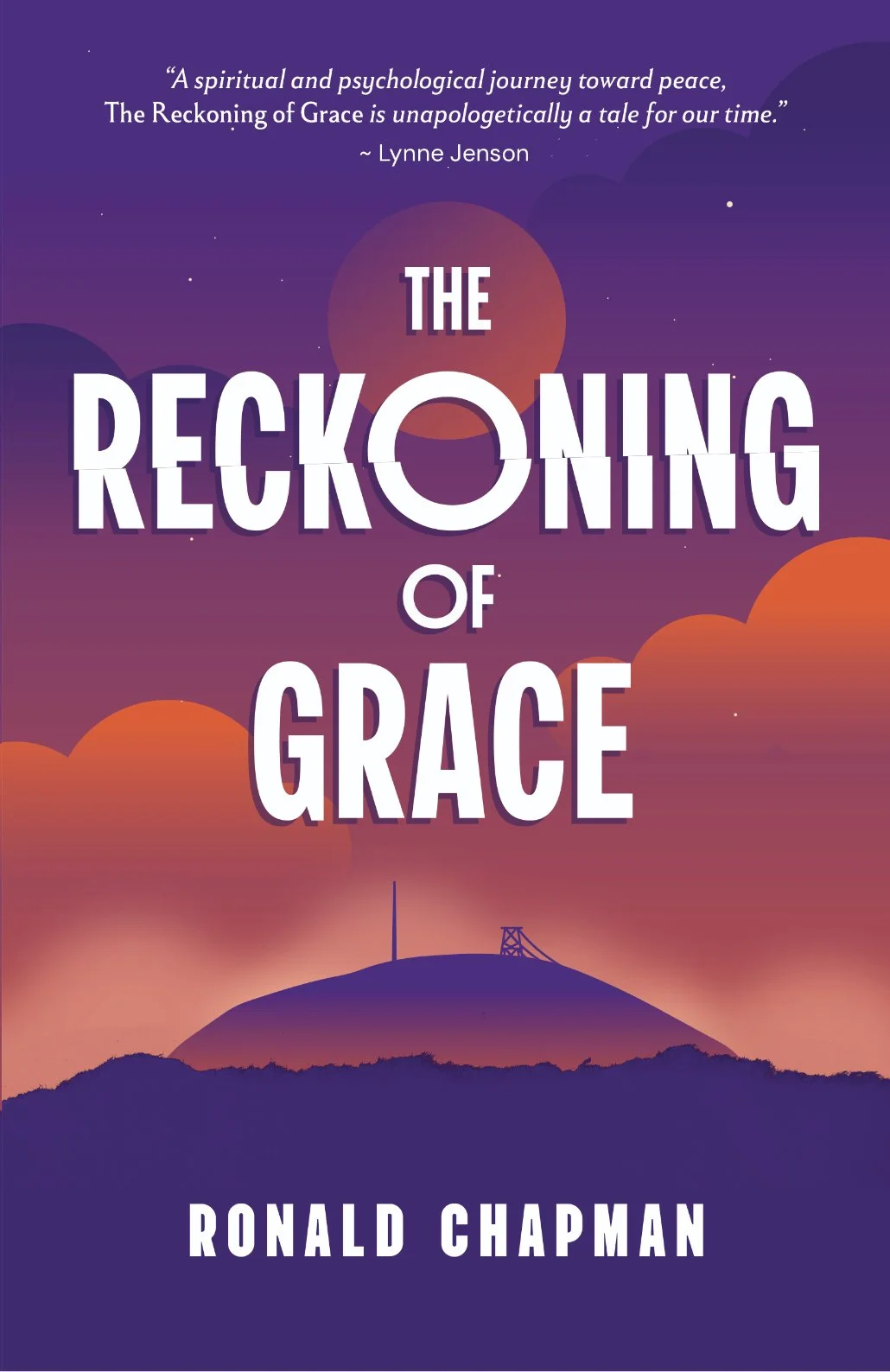What if You Knew the Whole Story?
/Getting to Know a Member of the Community
Recently I was in a workshop for learning strategies for overcoming stigma. The workshop focused on those people and circumstances where harsh judgment is easy: mothers who drink while pregnant and thereby injure their unborn children.
If you noticed your own inner reaction to that statement, you very likely experienced the nature of the challenge. It is quite possible without even knowing such a woman you immediately condemned her for her behavior.
Now let’s give that mother an identity.
Jeannie is a middle-aged white woman who is upper-middle class with a Masters Degree in education. She works at a high school in a somewhat marginal neighborhood where she focuses on teaching with an emphasis on college preparation for young people who are otherwise unlikely to have that opportunity. Jeannie is also a long-time volunteer for a community-based organization working for the development of cognitively impaired adults.
Jeannie and her husband have a daughter. Angie has been diagnosed with fetal alcohol syndrome, a consequence of Jeannie’s intravenous drug use and alcoholism while Angie was still in her mother’s womb.
Angie is a graduate of the programs at the organization for which Jeannie continues to volunteer. While Angie will never be able to live on her own, she is functionally employed and a reasonably contented young woman.
It is very likely now that with this story some of your condemnation of Jeannie has lessened. Regardless, you probably still hold onto some judgment of her.
So lets increase the contact.
Jeannie is now long-time clean and sober. She was seventeen when she became pregnant with Angie. She had no idea that her drinking could hurt her child. Actually she didn't even know she was pregnant.
Jeannie says, “I started drinking and using when I was thirteen. And Angie’s father was my first boyfriend. The alcohol, drugs and even the relationship were an escape from violence in my family.”
It is very likely you are feeling some empathy for Jeannie now. Let’s increase the contact further by imagining you meeting her at a local coffee shop.
When you chat with Jeannie you are struck by what a wonderful woman she is. As she talks there is evident humility. When the conversation deepens, her sorrow about Angie is palpable. Then she speaks about her alcoholism and addiction. “I would steal money to drink and drug against my will. It was that or kill myself.”
Then Jeannie tells you that her work with students and at the non-profit is a living amend. “I cannot undo what happened to Angie, but I can spend the rest of my life doing what I can for others.”
At this point, you may actually realize that were it not for your good fortune, your story could be Jeannie’s story. Maybe if you had been born into a setting such as hers you could have made different decisions. Then again, maybe not.
Now. Consider this to be a true story. Jeannie really does exist, though this is a composite of three different women with whom I have shared coffee in recent years.
It confirms what I learned in the workshop that I described at the beginning of this piece. When we come into contact with people and get to know them, not only does stigma drop away, so too do our prejudices and judgments. We realize they are in most ways just like us.
Seeing True™
The Dalai Lama says we can only judge and mistreat people when we believe they are “other.” Contact with them demonstrates kinship. When that transpires, we release them from condemnation. Our attitudes and actions are altered forever because we got to know them.
Seeing True™ in Action
If you are interested in either letting go of a prejudice, a hatred, or a condemnation, or perhaps desire greater harmony in your own life, or even if you are the type who wants to grow psychologically and spiritually, all you need to do is to make contact with one person who represents a group with whom you find fault or have grievance. Contact changes everything.
No wonder Jesus encouraged us to love our neighbors as ourselves.
Updated May, 2019














